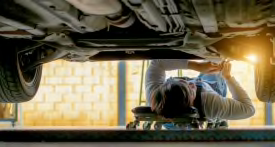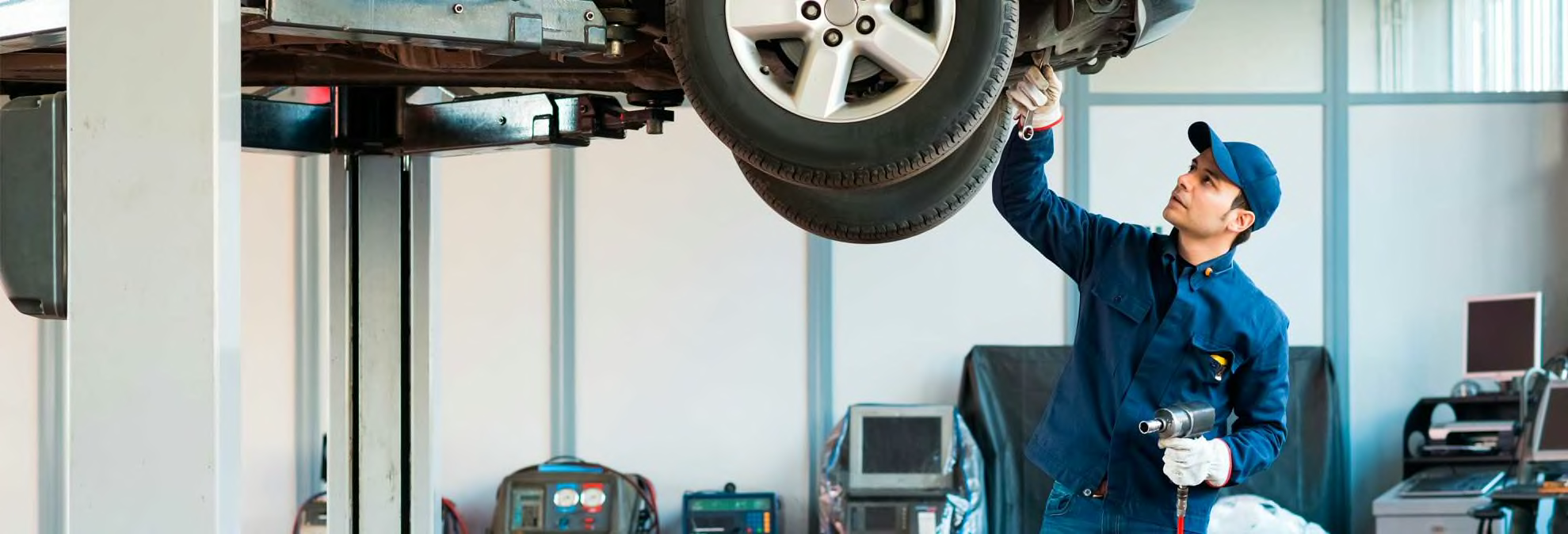Ad-free. Influence-free. Powered by consumers.
Your membership has expired
The payment for your account couldn't be processed or you've canceled your account with us.
Re-activateDon’t have an account?
My account
Other Membership Benefits:
Suggested Searches
Cars Home & Garden Appliances Electronics Babies & Kids Deals Money Travel Health & Wellness News All Products A-Z
Explore categories
Cars All Cars
Cars
Car Ratings & Reviews All Car Ratings & Reviews
Car Ratings & Reviews
Ratings & Reviews
SUVs Hybrids/EVs Luxury Cars Sedans Small Cars Pickup Trucks Electric Bikes Bike Racks Car Buying & Pricing All Car Buying & Pricing
Car Buying & Pricing
Best Car Deals Now
Best SUVs Under $20k Best Deals on SUVs Best Deals on Fuel-Efficient Cars Leasing vs. Buying Car Loan Advice Avoiding Car Fees Member Savings & Tools
Car Buying Guide Manufacturer Savings Build & Buy Savings EV Incentives Trade-in Estimator Used Car Marketplace Car Maintenance & Repair
Car Maintenance & Repair
Key Topics & News
Key Topics & News
Home & Garden All Home & Garden
Home & Garden
Bed & Bath
Bed & Bath
Lawn & Garden
Lawn & Garden
Home Improvement
Home Improvement
Home Safety & Security
Home Safety & Security
Appliances All Appliances
Appliances
Small Appliances All Small Appliances
Small Appliances
Ratings & Reviews
Air Fryers Blenders Breadmakers Coffee Makers Electric Kettles Food Steamers Food Processors Rice Cookers Knives Cooking Safety & Recipes
Food Recall Alerts Safe Spices Healthy Comfort Food Small Kitchen Essentials Quick Recipes Laundry & Cleaning
Laundry & Cleaning
Heating, Cooling & Air
Heating, Cooling & Air
Electronics All Electronics
Electronics
Home Entertainment
Home Entertainment
Smartphones & Wearables
Smartphones & Wearables
Digital Security & Privacy
Digital Security & Privacy
About Us
Take Action

















